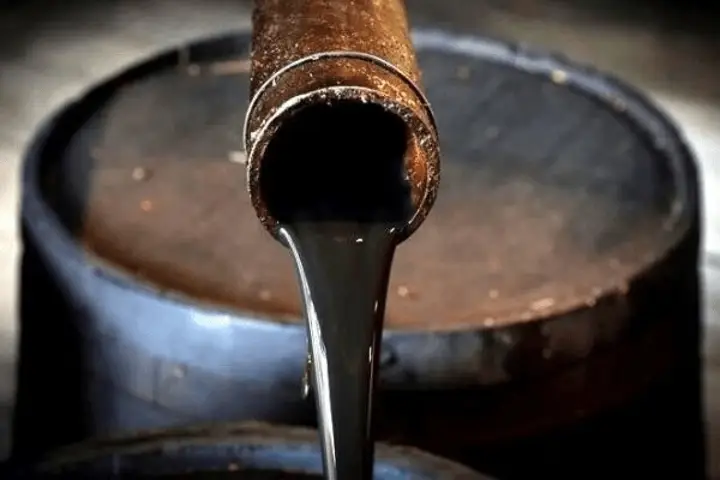Will the sanctions imposed by the US, UK and several other European countries on Russia after its invasion of Ukraine deal a big blow to Moscow? Analysts said that these sanctions may not be as effective even as the country’s currency – ruble—fell 10 per cent on Thursday touching 84.24 to a dollar. First, sanctions are not new to Russia and second Moscow’s economy is not overtly dollar dependent. Besides, it is sitting on a foreign exchange reserve of more than $630 billion.
In 2021, dollars made up for only about 16 per cent of Russia’s foreign exchange reserves, down from more than 40 per cent just four years ago. That apart earlier this month Moscow signed up a $117.5 billion 30-year natural gas contract with China, a move that will cushion its critical energy sector. This will boost its exports to China.
Russia, already Beijing’s third-largest gas supplier, has been strengthening ties with China, the world’s biggest energy consumer, reducing its dependence on its traditional European energy customers, Al Jazeera said in a report earlier.
Not just that. About 35 per cent of Europe’s energy needs are also supplied by Russia.
Also read: Russian troops capture Chernobyl nuclear power plant in Ukraine
In an interview, Viktor Tatarintsev, Russia’s ambassador to Sweden said that Moscow has only increased its self sufficiency and exports in the last few years. "We have already had so many sanctions and in that sense they've had a positive effect on our economy and agriculture," he said.
However, volatility and uncertainty have increased. The falling currency has led to high inflation, a problem that the Kremlin knows its needs to address at the earliest.
Despite attempts by the Central Bank of Russia, the country’s annual inflation measured by the consumer price index touched 8.73 per cent compared to the corresponding month in the previous year — the highest since January, 2016.
Food prices increased by over 10 per cent.
“A war kind of situation will always be extremely bitter for the economy but Russia has also insulated itself over the years. So, it is not a simple equation and we will have to wait and watch as the situation develops,” an analyst said.




















